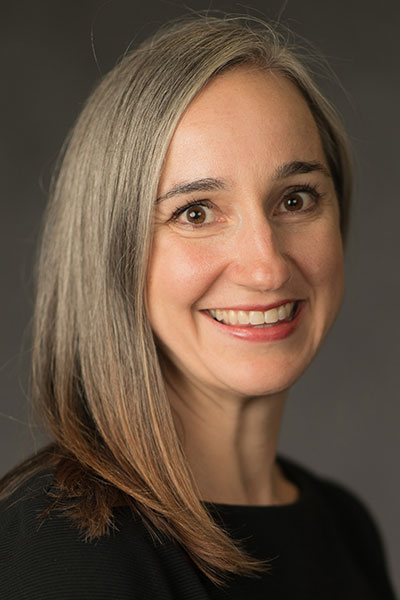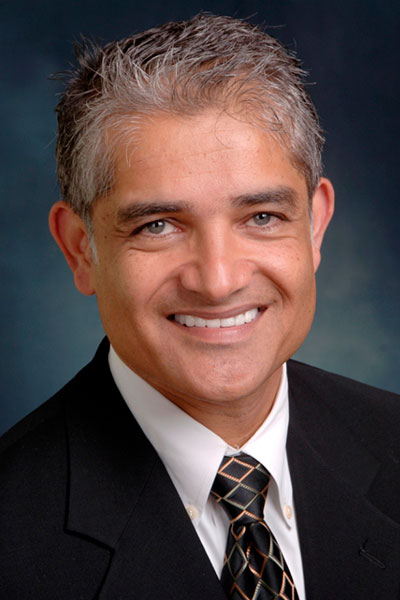Currently in the U.S., trainees in rheumatology complete a fellowship of two to three years, after which rheumatology educators determine whether they are competent for independent practice. This time-based approach limits the flow of new entrants into the rheumatology workforce and promotes trainees who may benefit from additional training. Time-variable competency-based education has been proposed as a solution to these problems, promoting rheumatology trainees when they achieve competency milestones for independent practice.

Workforce & Education Debate: The Duration of Rheumatology Training Should Be Competency-Based will feature a pair of experienced medical educators who will discuss the benefits, pitfalls, and challenges of converting rheumatology fellowship training from time-based to time-variable standards. The session will take place on Saturday, Nov. 16, from 10:30–11:30 a.m. in Room 152B of the Walter E. Washington Convention Center and be available on demand within 48 hours for registered ACR Convergence 2024 participants.
Patricia Hobday, MD, Associate Professor of Pediatrics in the Division of Pediatric Rheumatology and Associate Program Director of Pediatric Residency Program at the University of Minnesota, will argue that the time has come to take steps toward transitioning to time-variable training in rheumatology.
“We are several steps away, but we should begin taking those steps and start moving toward time-variable competency-based medical education for our fellows,” Dr. Hobday said. “To begin, we need to look at whether or not this duration of training is accurate and try to get a better understanding of where our learners are actually exiting right now in this time-fixed way.”
True competency-based medical training has to include a time-variability component, she said, noting that there have been some small experimental pilot programs, including one at her institution, that have demonstrated how a competency-based time-variable training model might be implemented.
“Even in a small pilot project, there are a lot of logistics to consider, so it would be premature to say, for example, that all rheumatology programs are going to move to time-variable competency-based training next year,” Dr. Hobday said. “But it’s a goal we should be actively working toward to not only better ensure that our fellows are prepared to move into independent practice, but also help us to move the needle with some of our workforce issues.”

Salahuddin Kazi, MD, Professor and Vice Chair for Education in the Department of Internal Medicine and Program Director of the Internal Medicine Residency at University of Texas Southwestern Medical Center, agrees that time-variable competency-based training is the ideal, but that it is not practically achievable, and he will argue that rheumatology fellowship training duration should remain time-fixed.
“It’s a great idea and the theoretical basis of time-variable competency-based training is very, very strong,” Dr. Kazi said. “But the logistical challenges are simply too great and would require seismic changes by stakeholders in all areas of the medical education landscape.”
Time-variable competency-based medical education is only possible, he said, if faculty members are trained assessors who are able do a significant amount of direct observation and who use shared, agreed-upon models of what competency looks like along a wide variety of domains.
“The reality is those tools and those capabilities just aren’t there, nor is the time that would be required of our educators to do it, in large part because the monetization of academic medicine drives our faculty members toward revenue-creating activities, as opposed to education,” Dr. Kazi said. “Medical education occurs within the space of the commercial enterprise that is healthcare, and there are vested interests who would not want to make the adjustments necessary to accommodate competency-based time-variable training.”
Register Today for ACR Convergence 2025

If you haven’t registered for ACR Convergence 2025, register today to participate in this year’s premier rheumatology experience, October 24–29 in Chicago. All registered participants receive on-demand access to scientific sessions after the meeting through October 31, 2026.
